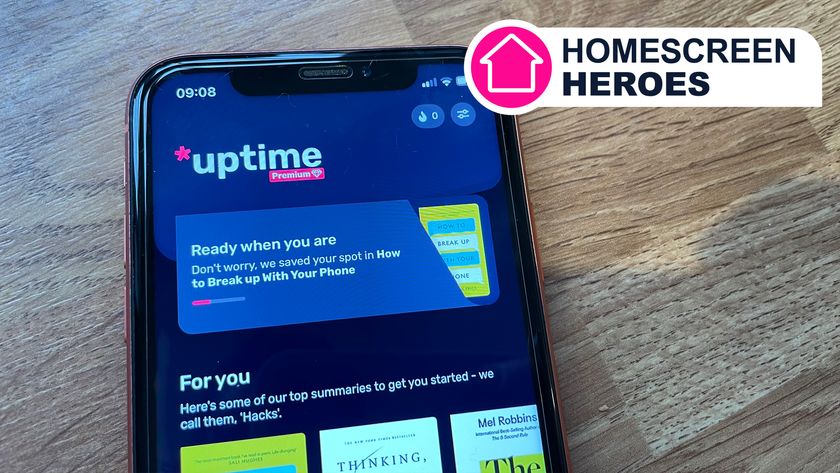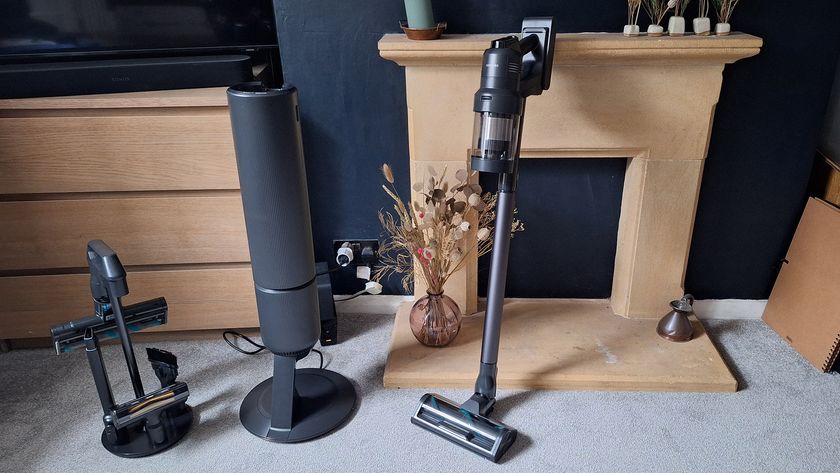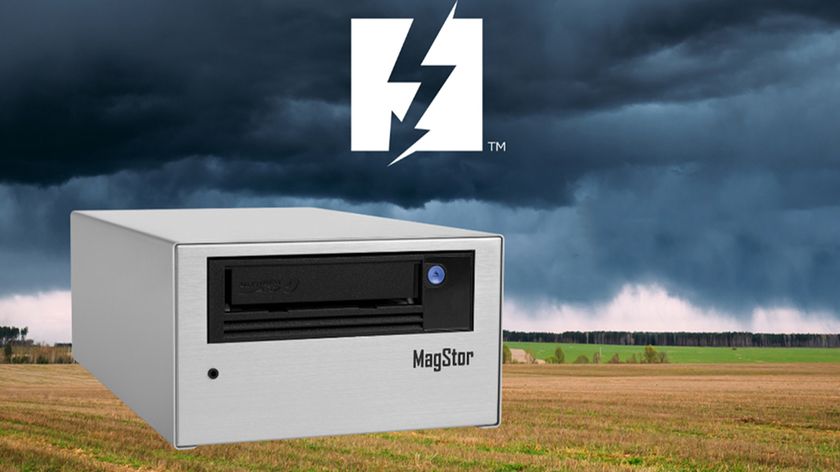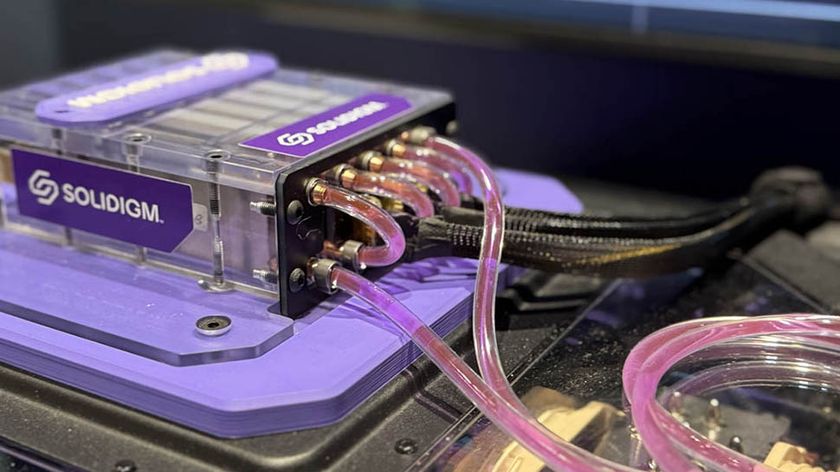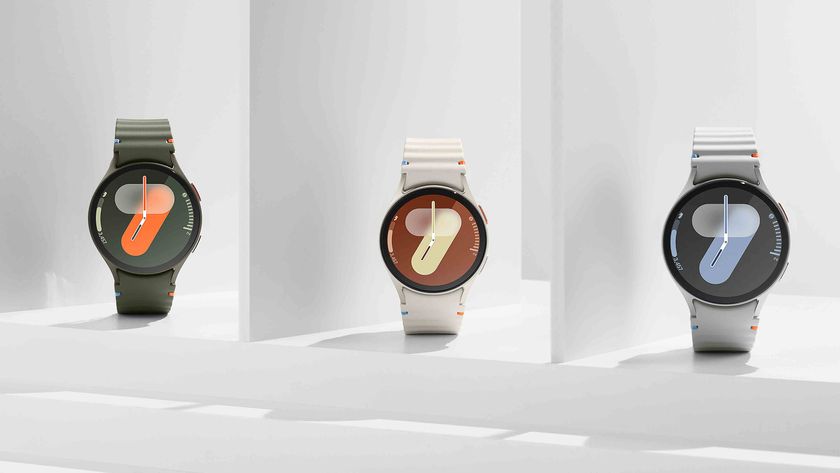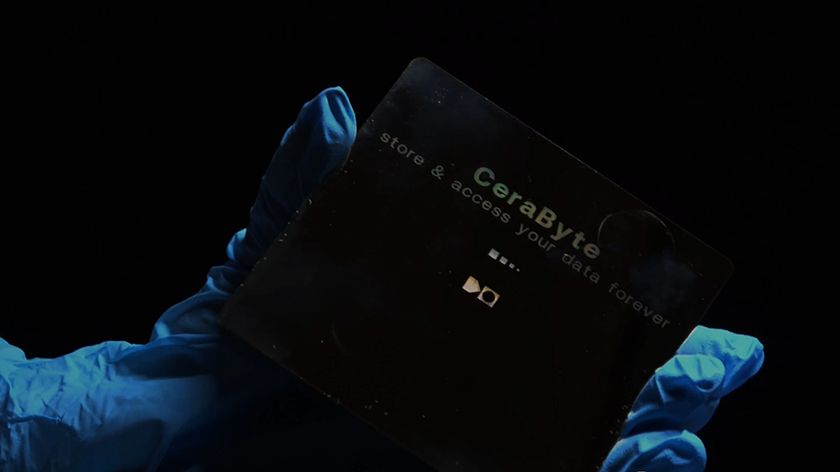CISPA: what it is and what you need to know
It's a cybersecurity bill with privacy on the line
On the panel are 21 members, broken down into 12 Republicans and nine Democrats. CISPA was sponsored by House Intelligence Committee Chairman Rogers and ranking member Dutch Ruppersberger (D-Md.), making it a bipartisan bill.
The House Intelligence Committee was in charge of crafting the bill before it hit the House floor, and CISPA passed the committee with a 18-2 vote. Reps. Adam Schiff (D-Calif.) and Jan Schakowsky (D-Ill.) were the only two committee members to vote against CISPA 2.0.
Companies in favor of CISPA
CISPA support in the technology community are plenty, according to the House Intelligence Committee. They include notable companies like AT&T, Verizon, Comcast, Oracle, Time Warner Cable, Intel, and IBM.
Even familiar cybersecurity companies like McAfee and Symantec (which makes the Norton Anti-Virus software) have written letters in favor of CISPA.
The committee also claims support from a host of trade organizations like CTIA The Wireless Association and TechNet. This might lead you to believe that Microsoft and Facebook, members of TechNet, have thrown their support behind CISPA, but both companies have since distanced themselves from the proposed legislation.
CISPA petitions
Facebook's new stance, in particular, could be the result of the growing petitions against CISPA, as the social media network was in favor of the first bill in 2012, but is against CISPA 2.0.
This could be because companies like GoDaddy were caught in a PR disaster when it was found out to be on a list of SOPA supporters in 2011. With opposition to the bill ramping up now that CISPA is back, companies may be wary of siding one way or the other with such a controversial topic.
Get daily insight, inspiration and deals in your inbox
Sign up for breaking news, reviews, opinion, top tech deals, and more.

The public has been vocal about its distain for the bill as well, to the point where a "We the People" petition garnered the 100,000 signatures needed to elicit a formal response from the White House.
Responding to the 117,576 signatures of the Stop CISPA petition, Assistant to the President and U.S CTO Todd Park and Michael Daniel, special assistant to the president and cybersecurirty coordinator, wrote that while modernization of the country's laws and practices to promote digital security is important, "that shouldn't come at the expense of privacy."
Will CISPA pass?
Companies stuck in the CISPA crossfire shouldn't have to worry too much as CISPA is unlikely to become law.
Yes, the cybersecurity bill passed the U.S. House of Representatives April 18. It's up to the Senate to consider whether it wants to push CISPA through, but that's looking unlikely.
The balance of power has remained the same in the Democrat-controlled Senate, where the original CISPA bill floundered. On April 25, an aide for Sen. Jay Rockefeller, D-W. Va. and chairman of the Committee on Commerce, Science and Transportation, told CNET that Rockefeller doesn't think the Senate will take up CISPA.
Rockefeller had called the bill's privacy protections "insufficient" previously. Now it sounds as though members of the Senate and staff are "drafting separate bills" that keep the cybersecurity info while also bolstering civil liberties and privacy rights.
The ACLU's legislative counsel told U.S. News that "[CISPA is] dead for now."
Adding to the lack of support for CISPA, the White House has threatened to veto CISPA 2.0 in its current form.
"The Administration still seeks additional improvements and if the bill, as currently crafted, were presented to the President, his senior advisors would recommend that he veto the bill," the Obama Administration said in a statement.
Legislation research site GovTrack gave H.R. 624 a 29 percent chance of being enacted, meaning SOPA and PIPA should start making room for CISPA 2.0 on the House cutting room floor.

